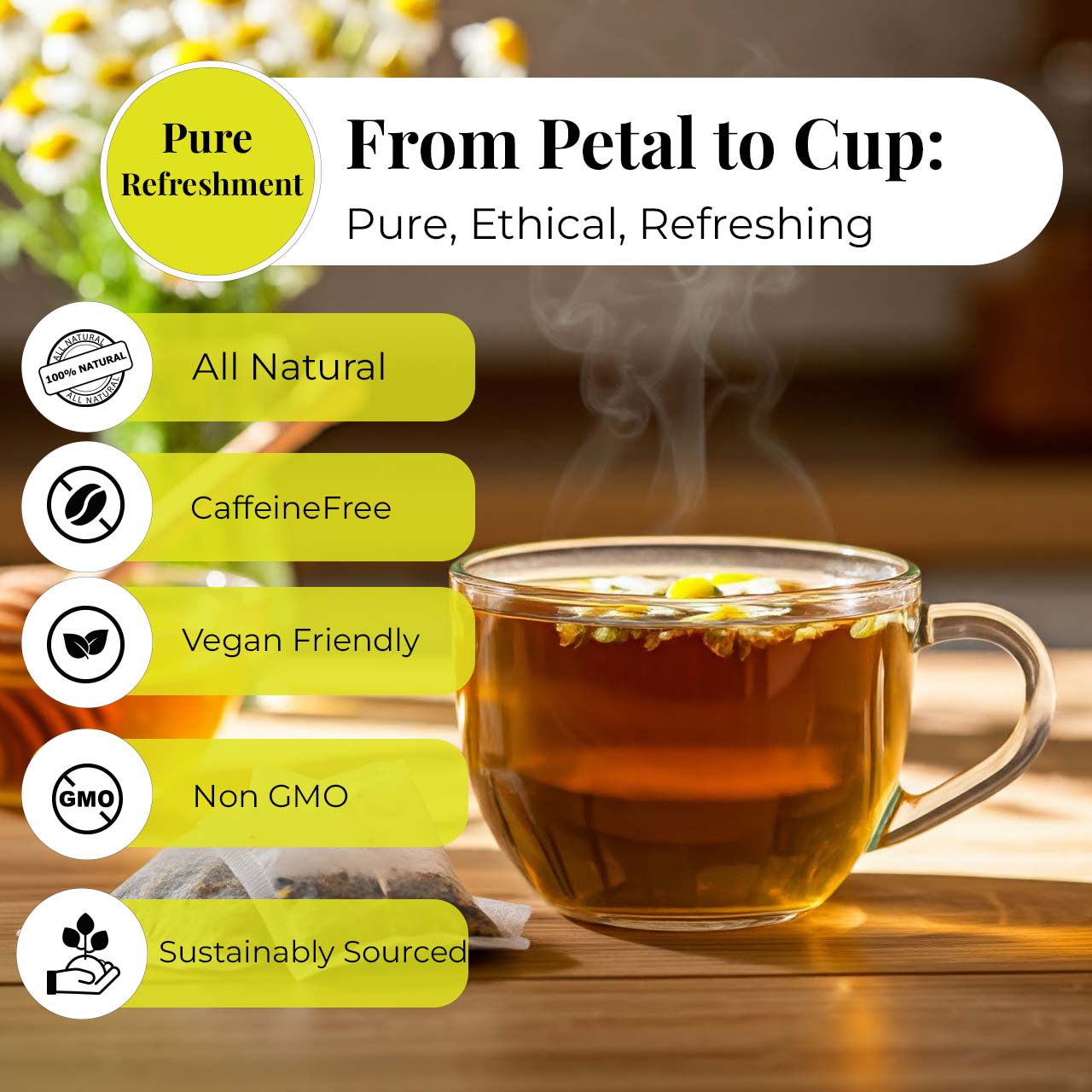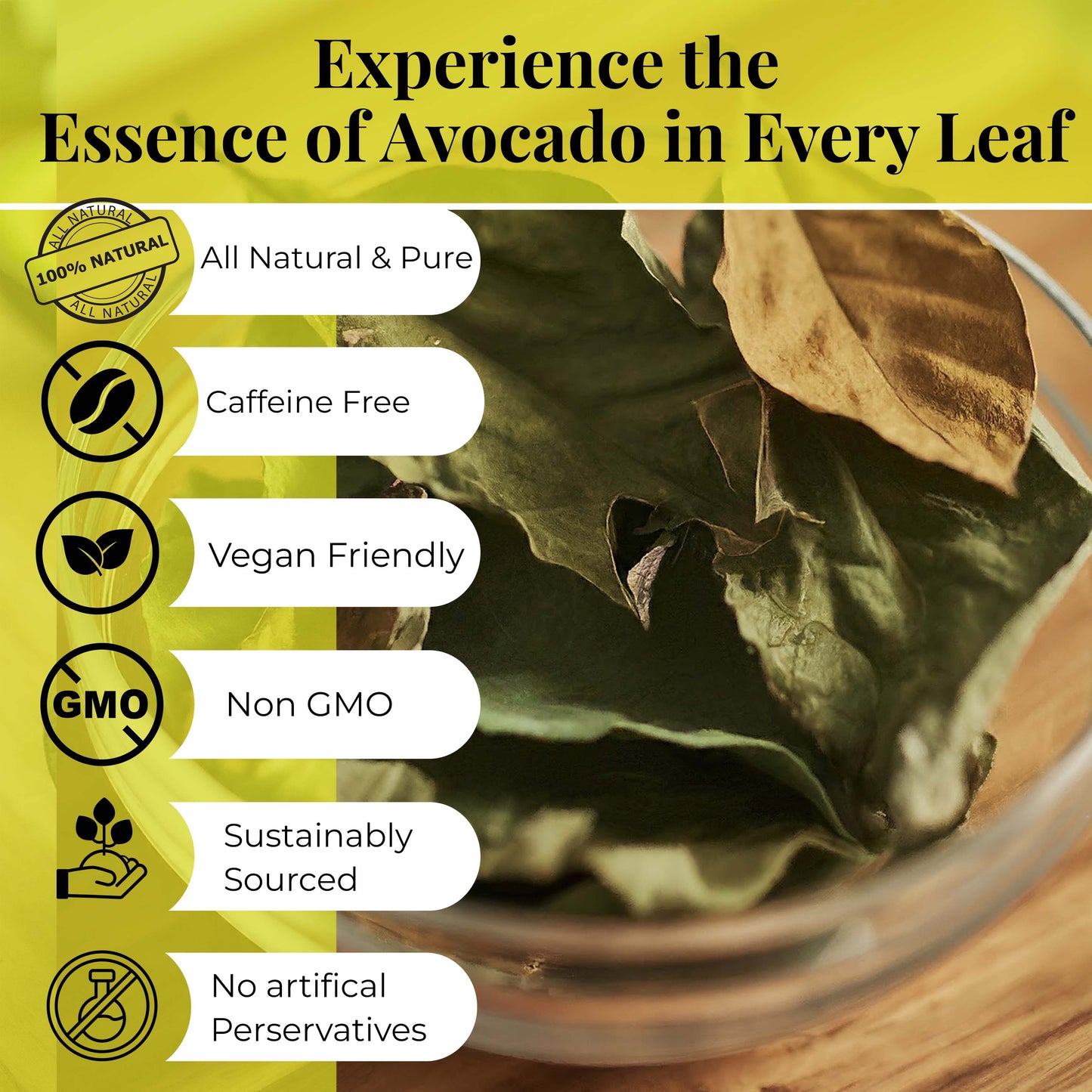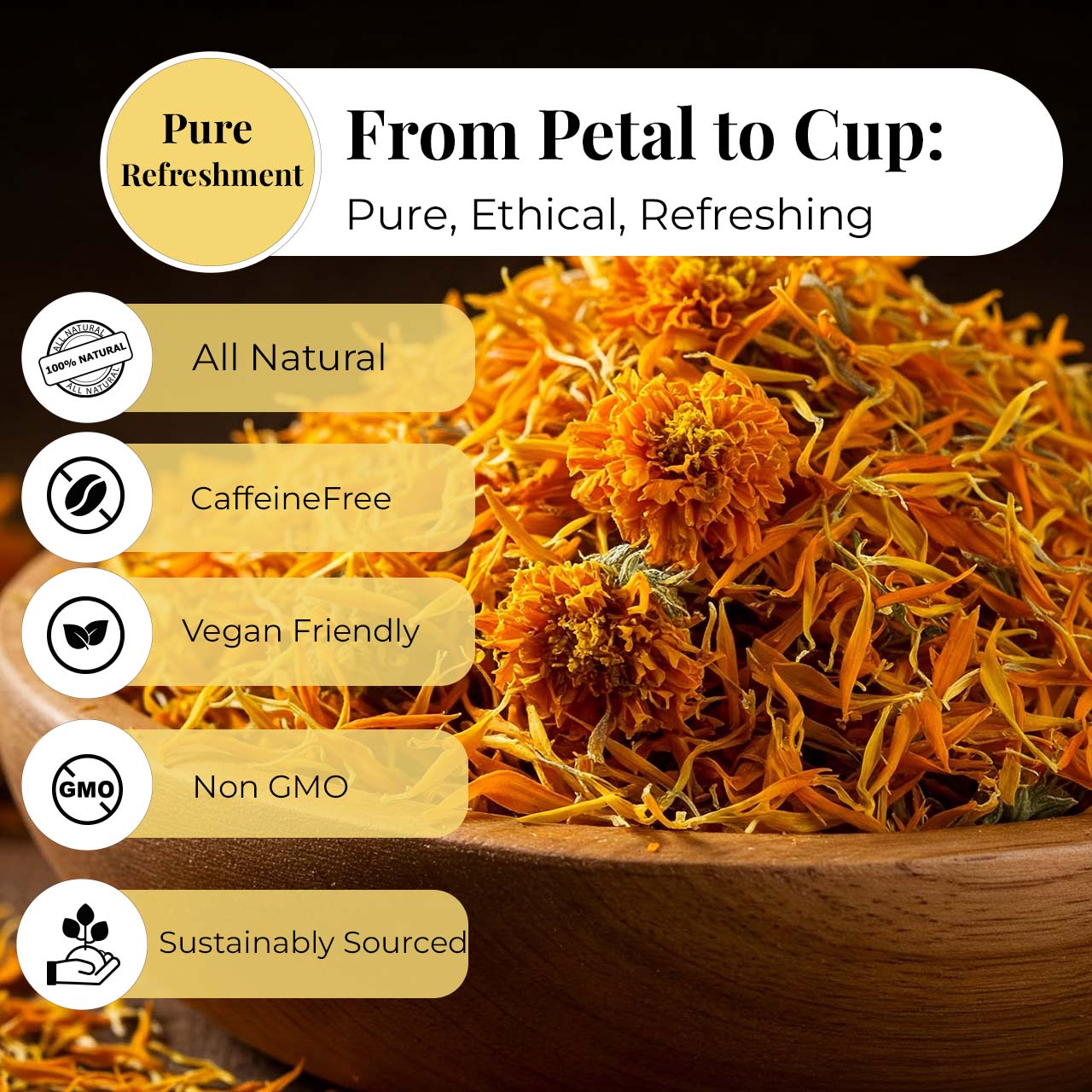A comprehensive review of scientific studies on papaya extract, papaya enzyme, papaya leaf extract and their roles in digestion, platelet support, immunity and wellness.
Papaya extract supplement and papaya extract: overview
Research on the fruit Papaya (Latin: Carica papaya) highlights that its extract, whether from the fruit, leaves or other parts, contains enzymes and phytochemicals with promising effects. For example, one review noted that papaya extracts and their related phytochemicals show anti-inflammatory, immunomodulatory and digestive benefits. (PMC)
In the context of a supplement (i.e., a papaya extract supplement), these bioactive compounds are concentrated and marketed for digestive support, platelet support, immunity, etc. It’s important to note that while some human data exist, much of the evidence remains preliminary.
Papaya enzyme and papain: mechanism and digestion
The enzyme commonly referred to is Papain, a proteolytic enzyme derived from papaya latex. (WebMD)
Mechanism: Papain breaks down proteins into amino acids, aiding digestion. It has been shown in animal and in vitro models to reduce inflammation (for example, a study found papain ameliorates lipid accumulation and inflammation in high-fat diet mice). (PMC)
Digestion support: One review noted papain may ease symptoms of bloating, indigestion and GERD-type issues. (Healthline)
Caveat: The Harvard Health Publishing blog noted that for over-the-counter digestive enzyme supplements (including proteases like papain), the evidence is weak for heartburn relief. (Harvard Health)
Thus, while papaya enzyme is mechanistically plausible for digestive support, robust clinical data remain limited.
Papaya for digestion and uses of papaya leaf extract
The flesh of papaya has fibre, enzymes (papain) and vitamins that support digestion. A study of a papaya-based preparation (Caricol®) showed improvements in functional digestive disturbances like IBS. (PubMed)
Regarding papaya leaf extract: The leaves contain various bioactive compounds (alkaloids like carpaine, flavonoids, etc) that may influence immune, hematologic and digestive systems. (MDPI)
Therefore, using papaya leaf extract for digestion (as part of broader wellness) is plausible, though less studied compared to the fruit.
Papaya leaves, young papaya leaf and papaya leaf extract for platelets
One of the more compelling areas of research: The extract from papaya leaves (commonly called Papaya Leaf Extract or CPLE) has been studied for its effect on increasing platelet counts (especially in Dengue fever and thrombocytopenia). (actamedica.org)
For example: A meta-analysis found that supplementation with papaya leaf extract in dengue patients showed significant increase in platelet count by Day 3–5. (actamedica.org)
Another randomized proof-of-concept study showed increase in platelet counts in subjects receiving C. papaya + Tinospora cordifolia leaf extract. (ijclinicaltrials.com)
The mechanism may involve modulation of genes involved in hematopoiesis (e.g., ALOX12, PTAFR) and antioxidant/anti-inflammatory effects. (MDPI)
However, caution: Most studies focus on specific conditions (dengue, chemotherapy-induced thrombocytopenia), doses vary, and broader general-population data are lacking. The Memorial Sloan Kettering Cancer Center notes that more study is needed. (Memorial Sloan Kettering Cancer Center)
Thus, while the evidence is promising for platelet support via papaya leaf extract, it remains investigational.
Papaya supplements, papaya powder, papaya leaf tea and juice: forms and considerations
There are multiple forms of papaya-derived health products:
- Papaya supplements (e.g., tablets, capsules) using extract or powder.
- Papaya powder (either fruit powder or leaf powder).
- Papaya leaf tea or papaya leaf juice (fresh or dried).
These provide different concentrations of enzymes, phytochemicals, vitamins and minerals.
Considerations: Quality, standardization, dosage and safety vary widely. For enzyme supplements (including proteolytic enzymes), regulatory oversight is lighter and clinical efficacy is often uncertain. (Mayo Clinic Proceedings)
Also, for leaf-based products, factors like maturity of leaves (young vs old), processing (juice vs extract) and bioavailability matter.
Papaya vitamin C and broader wellness implications
Papaya fruit is rich in vitamin C (ascorbic acid), antioxidants (beta-carotene, lycopene) and fibre—each contributing to general wellness: immunity, cardiovascular health, skin health. (Vinmec International Hospital)
While vitamin C-rich fruits are well-accepted for immune support, the added value of papaya beyond standard vitamin C intake is less studied in large trials, but its nutrient profile is favourable.
Conclusion: What research supports and what remains uncertain
Supported by research:
- Papaya enzyme (papain) has plausible digestive benefits and shows positive results in mechanistic/animal studies.
- Papaya leaf extract shows promising results in platelet count increase in certain conditions (dengue, thrombocytopenia).
- Papaya fruit + its vitamin C, fibre and antioxidants support general health.
Less well-established / requiring caution: - Use of papaya extract supplements in broad populations for digestion, heart health or platelets (outside specific disease contexts) still lacks robust evidence.
- Dosage, standardization, long-term safety of papaya leaf extract supplements remain uncertain.
- Digestive enzyme supplements (OTC) still have limited clinical evidence for many indications.
Recommendation: As always, individuals considering papaya extract supplements, papaya leaf products or high-dose enzyme forms should consult healthcare professionals—especially if they have medical conditions, low platelet counts, bleeding disorders or are pregnant.






























